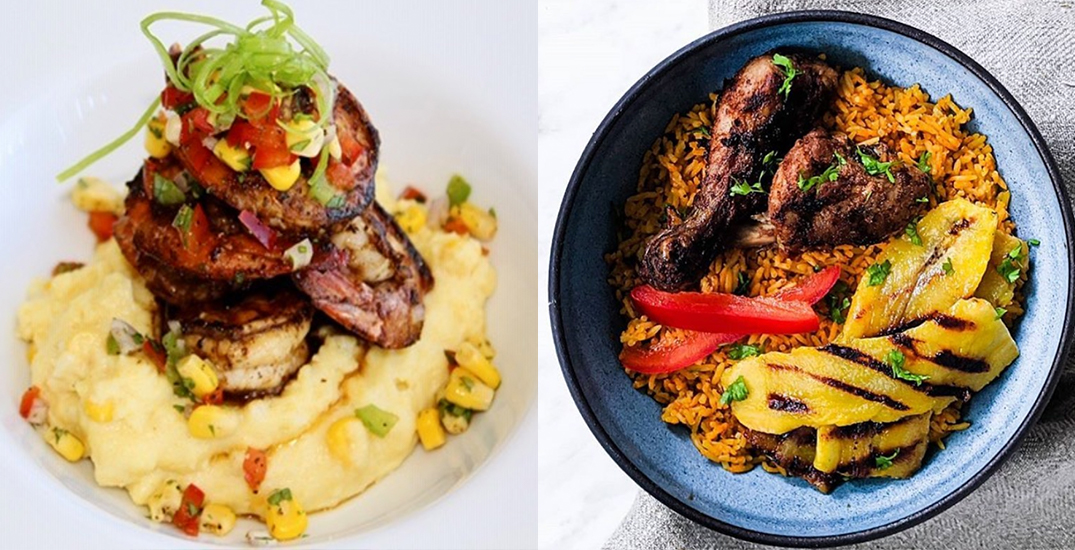How do Sacrificial Animals Taste?
I personally enjoy about the history and cultural significance of food. Aside from simply enjoying good food, I like learning about how it's cultivated, grown, prepared, and offered to the hungry recipients. Elizabeth Pérez appears to have a front row seat to learn about African and Caribbean cuisine. Prior to reading these chapters, I was already somewhat aware of the offerings that many Afro-Caribbeans left for their gods' and to appease them. A similar and well known comparison could be how Christians pray before eating their daily dinner or how Latinos put out food in memory of their ancestors on the Day of the Dead.
More specifically, I like how Pérez addresses this almost symbiotic relationship between the chef and their food. After all, they are stripping, chopping, and grilling what was once a living creature in service to their gods. Her meal preparation is symbolic of an orisha's "ability to disarticulate human bodies ritually and rearticulate them as sources of sacred nourishment" (Pérez 98). It's a unique perspective about the circle of life as well as humanizing a chicken post mortem. To summarize, getting to experience such a meal would indeed be a treat for all five senses as well as the mind receiving a unique religious experience.


Nice reflection and mouth-watering images!
ReplyDelete